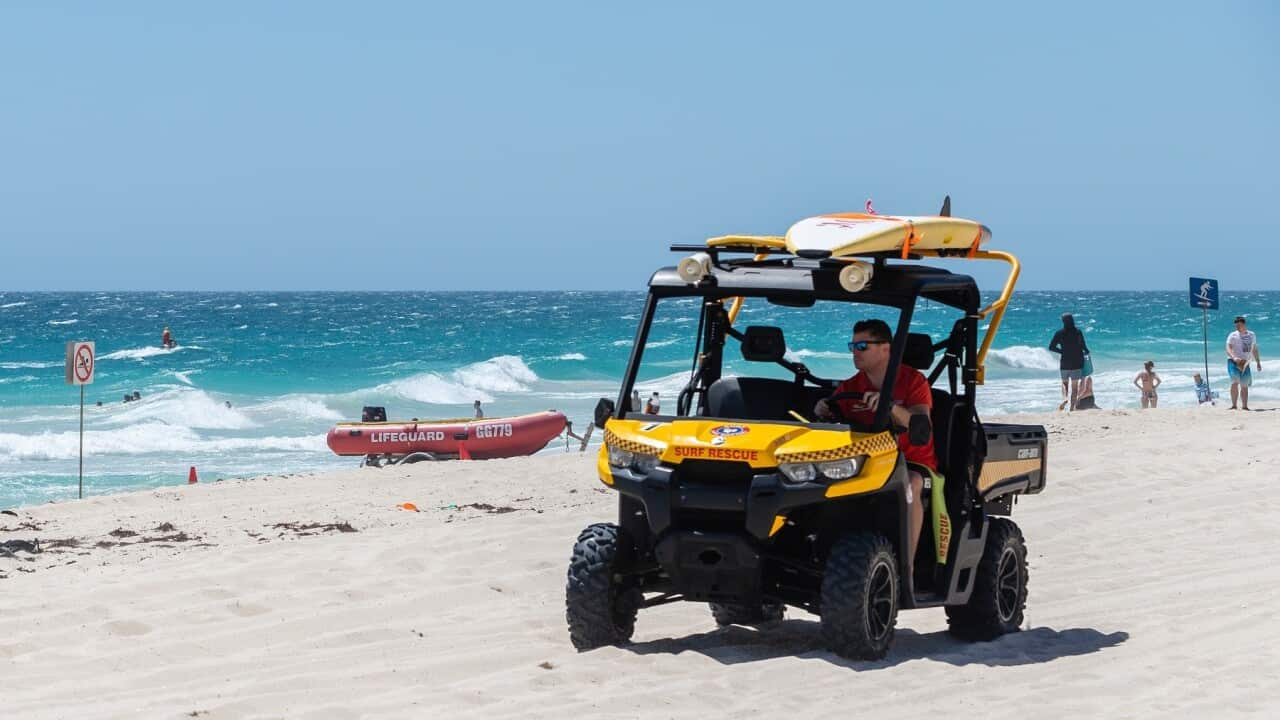Luane (fictitious name) was already living in Australia when she was a victim of her Brazilian partner. She had known him for years and, in order to solve practical day-to-day challenges of being an immigrant, she moved into into her attacker's house.

In 2021, one in three migrant women in Australia had experienced domestic violence. Source: Moment RF / Alvaro Medina Jurado/Getty Images
He would create stories that didn't exist, and one day he threw a bottle inside our house at the wall, so I thought, I think the next one might be in my head.Juliana (nome fictício)
Juliana (fictitious name) met her then Australian partner after moving to another country. She was his dependent on the visa, and he used this as a tool to psychologically abuse her.
Immigration lawyer Danuzia Pontes has dealt with many victims of domestic violence in Australia. She explains the legal options for those who suffer this type of abuse in the country. The main one is the “Family violence provisions”, an application which, if approved, guarantees the victim a permanent visa to continue residing in Australia.

Danuzia Pontes é advogada de imigração na Austrália.
There are ways of proving it, and if there's one message I'd like to leave here in this article, it's that domestic violence isn't just physical, it's also psychological.Danuzia Pontes
Call The National Sexual Assault, Family & Domestic Violence Counselling Line on 1800 737 732 if experiencing, or is at risk of, family and domestic violence and/or sexual assault.
To listen to the full story, click on the 'play' button on this page, or listen to it on the SBS Portuguese profile on your favorite podcast aggregator.



